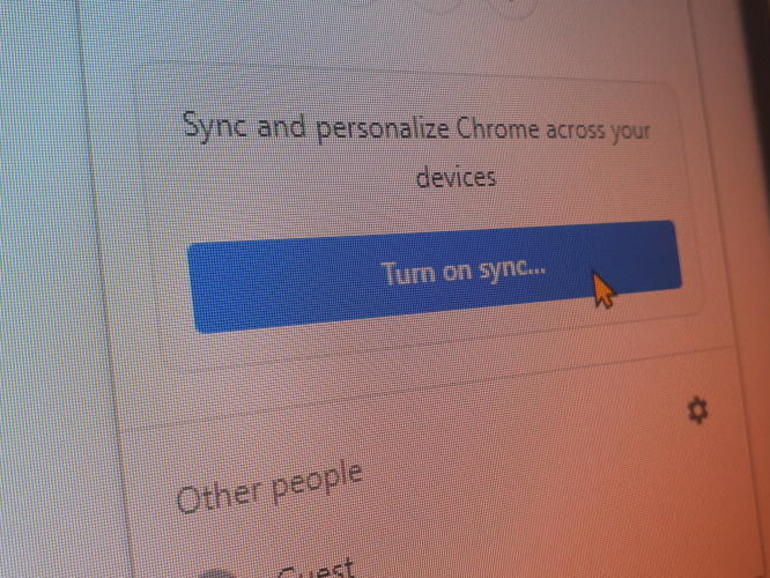The USA is getting hacked from so many sides that it has become virtually impossible to keep track, let alone inform the average American reader who is trying to grasp a largely invisible threat that lives in code.
SitePoint, a website that provides access to a wealth of web development tutorials and books, has disclosed a security breach this week in emails sent to some of its users.
Microsoft digs into emerging email infrastructure, consisting of two segments named StrangeU and RandomU, that send over a million malware-laden emails each month.
Chainalysis tracked million worth of bitcoin transactions related to ransomware attacks and discovered that a sizable chunk usually ends up with actors at the top of the pyramid.
SolarWinds CEO Sudhakar Ramakrishna verified this week “suspicious activity” in its Office 365 environment allowed hackers to gain access to and exploit the SolarWinds Orion development environment.
A security vulnerability in the Contact Form 7 Style, a WordPress plugin installed on over 50,000 websites, could allow for malicious JavaScript injection on a victim website.
A phishing attack recently uncovered by researchers pretends to share information about an EFT by offering up a link to download an HTML invoice that then loads to a page with Microsoft Office branding that’s hosted on Google Firebase.
Hackers have published extensive patient information from two U.S. hospital chains in an apparent attempt to extort them for money. The files also include at least tens of thousands of scanned diagnostic results and letters to insurers.
The U.S. and European law enforcement agencies last week conducted an extraordinary crackdown on Emotet, a botnet of infected computers that has defrauded victims of millions.
Threat actors have discovered they can abuse the Google Chrome sync feature to send commands to infected browsers and steal data from infected systems, bypassing traditional firewalls and other network defenses.









